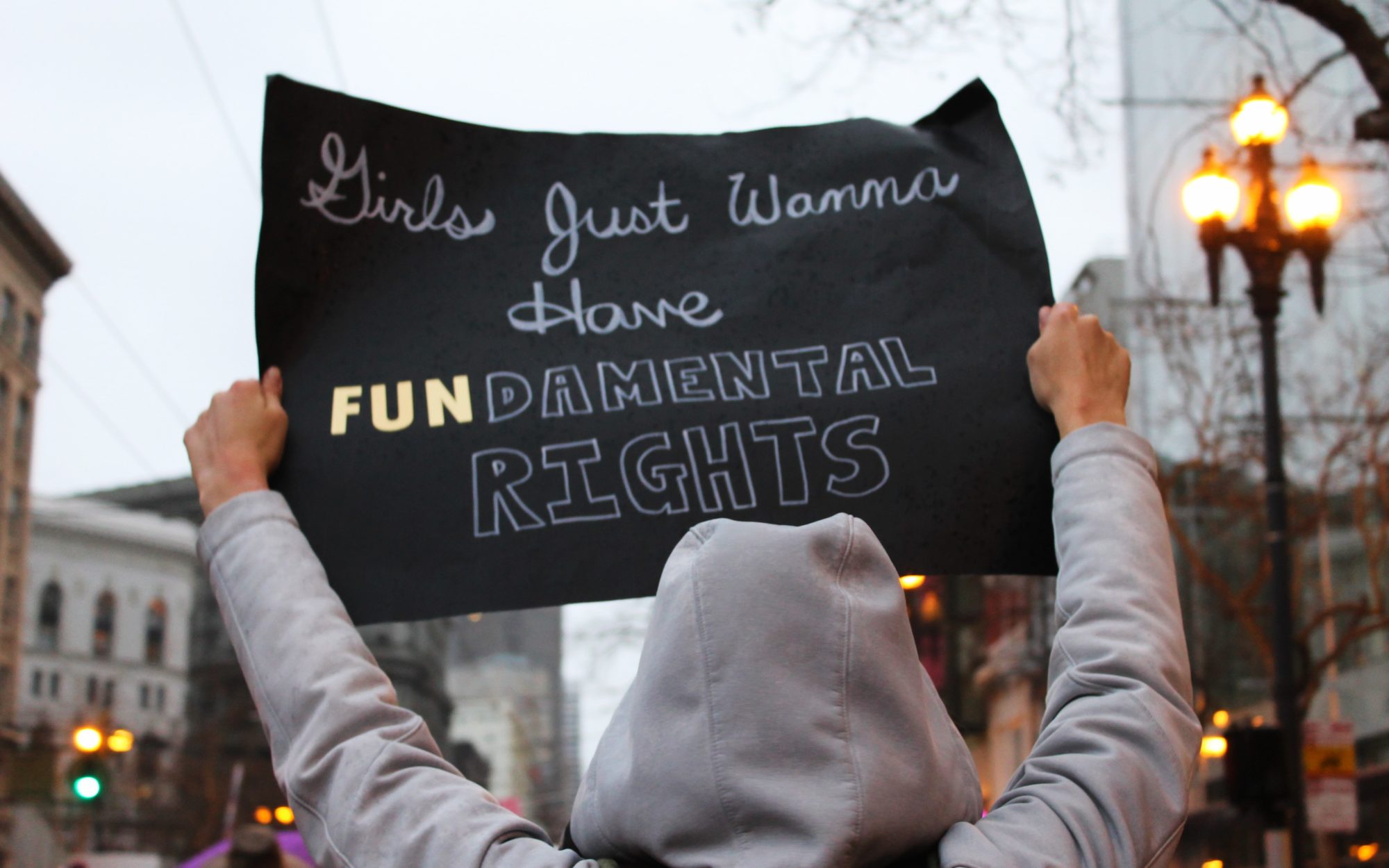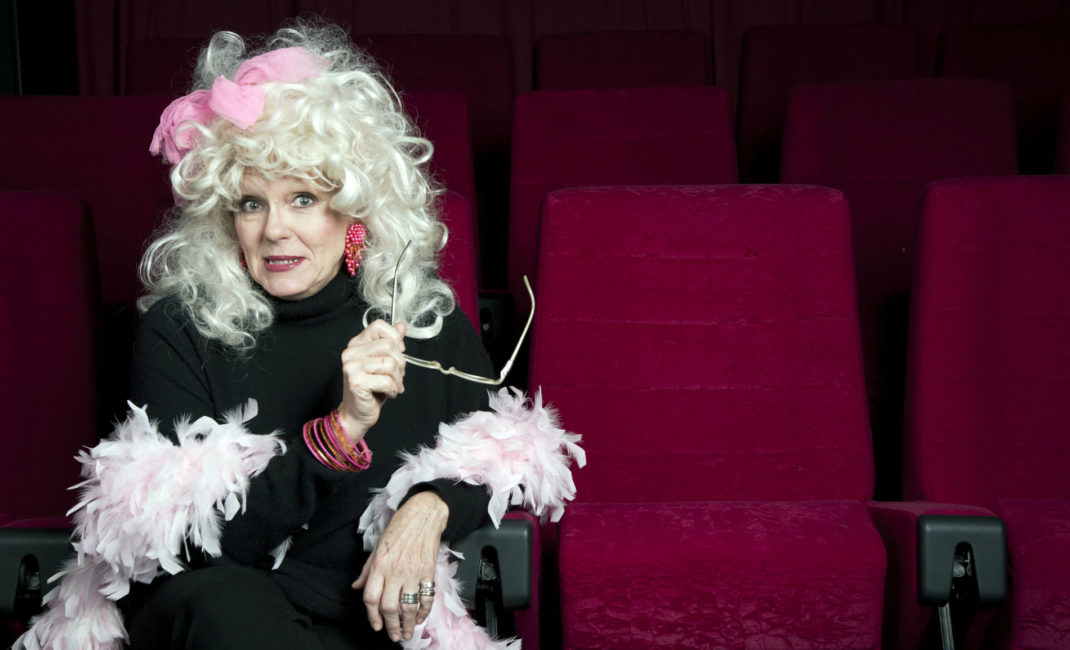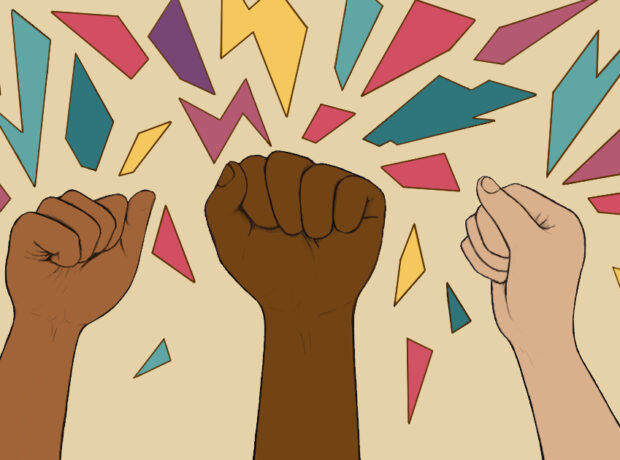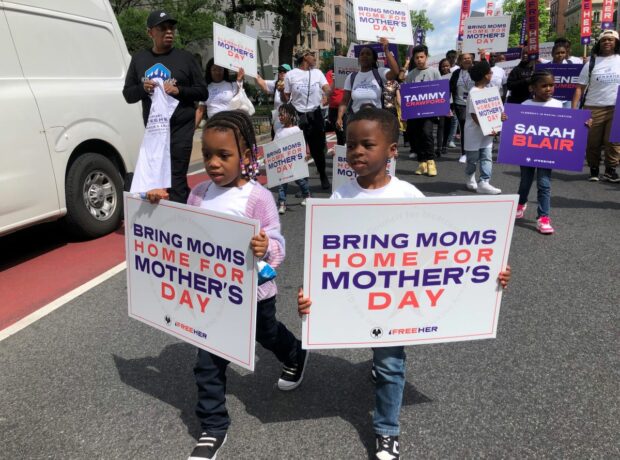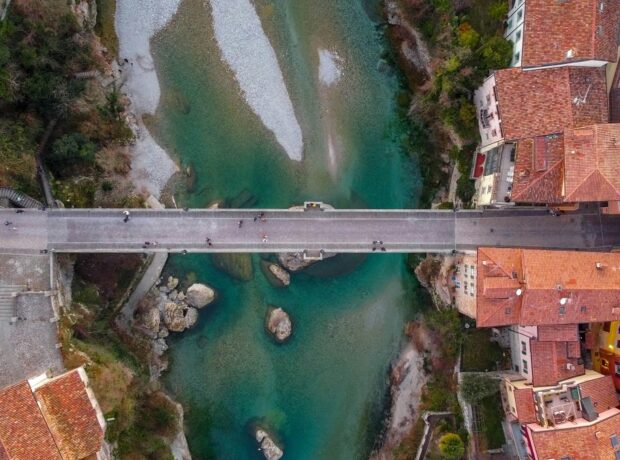On International Women’s Day this collection of the stories showcases the work of women around the world who are challenging injustice and promoting human rights. Including a disability campaigner, an investigative journalist, two lawyers and a lesbian performance artist, these are stories of women who are making themselves heard and supporting others to do the same.

That’s what I learnt at Greenham Common – I learnt how to campaign
“I was able to pick up my camera and in doing so it enabled me to think of something else.”
In this video interview Lesley McIntyre, documentary photographer and author of The Time of Her Life, discusses how in the 1980s she joined with other women at the Greenham Common peace camp to demonstrate against US cruise missiles. She talks about how her this experience prepared her for another 14 years of activism as she supported her daughter, Molly (who was born with an abnormality in the formation of her muscles) in her fight against social and educational marginalisation.
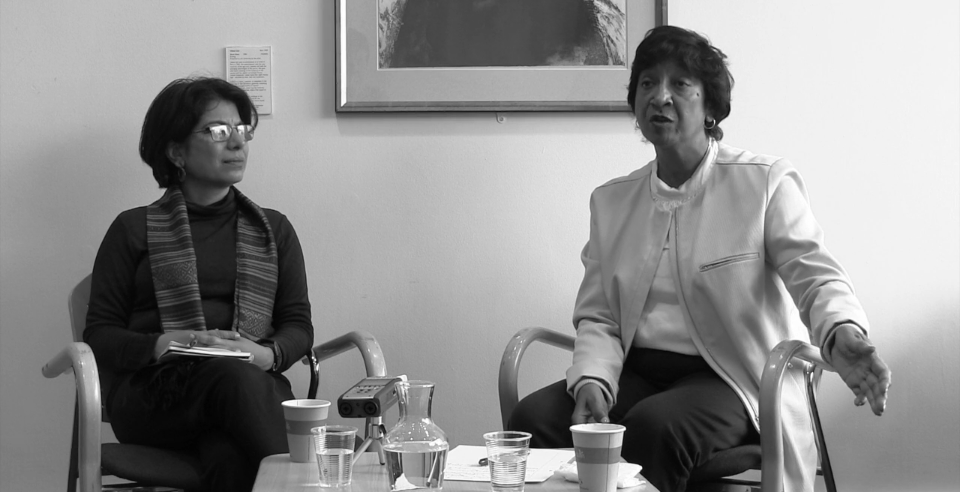
I saw great injustices and immorality in South African law
“It is true I have been called terrible names. Someone asked me to look at my pictures on Google images; many were super imposed with the face of Osama bin Laden. There are a lot of people who don’t understand human rights.”
Navi Pillay in 1995 became the first non-white female judge in South Africa. Before this she had been fighting injustice thoughout the apartheid era, refusing to shrink from difficult confrontations and using the law to make her case, even as it barred her from entering a judge’s chamber. Branded a “lunatic” by a Syrian ambassador, Pillay was appointed UN High Commissioner for Human Rights and was clear in her criticism of both developing and developed nations. In this video interview she says: “All my lessons in life were learnt when other women opened my eyes.”
Breaking the taboo of sex and age
“They think that their residents don’t want to talk about sex. Of course they do.”
Tammy WhyNot, a country and western singer turned lesbian performance artist, believes we should keep talking about sex as we grow older, saying those conversations can also be a gateway into our feelings about identity, vitality, and dignity in older age. In this interview Lois Weaver, the woman behind Tammy WhyNot, shares how her alter-ego can open herself and her audiences up to important but often inaccessible topics.
Meet the daughters of the Niger Delta
“We want to tell the world a different story about our region than the usual media reports about oil outputs, conflict and kidnapping.”
Nine young women from the Niger Delta whose voices often go unheard make their own movie about their lives. It’s a must-watch story of triumph over tragedy as local women put their own strength and resilience at the heart of this award-winning documentary.
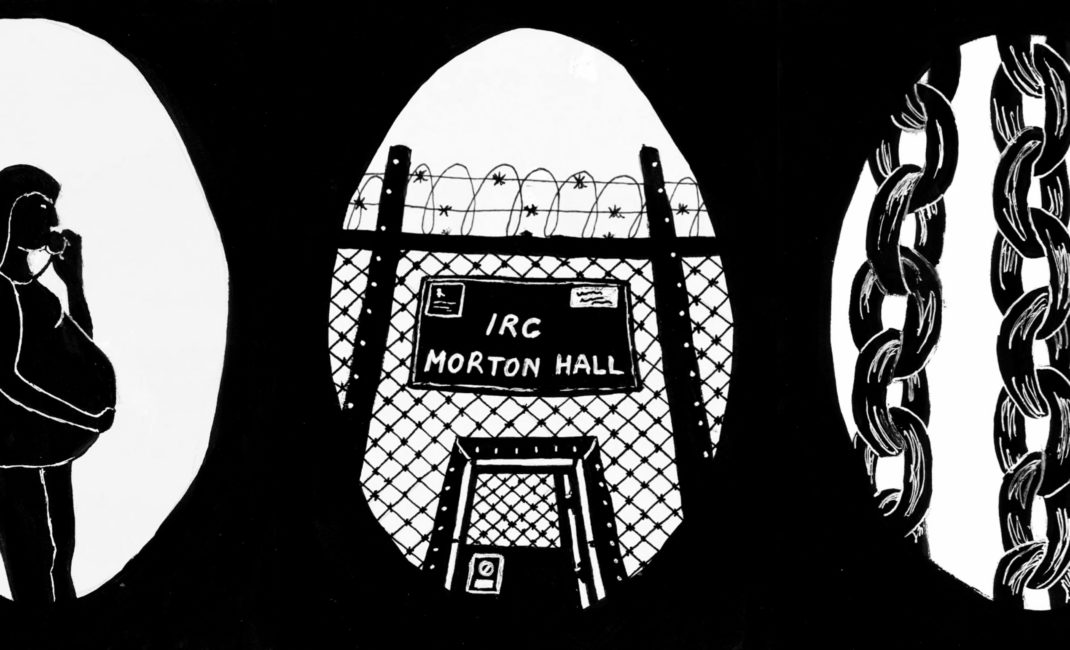
I have always wanted to know what’s really going on.
“I remember, when I was very small, my Mum saying: ‘You’re very inquisitive.’ Me: ‘What’s that?’”
Clare Sambrook of Shine A Light is an investigative journalist known for her tenacity and determination to expose injustice in the UK. Co-founding the ‘End Child Detention Now’ campaign in 2009, Sambrook writes about the people whose plight is often overlooked by the mainstream media, including those branded “illegal immigrants” and those who have died in detention. In this interview, she speaks about feeling like an outsider at Cambridge University, recalls arguing for a job at the Daily Telegraph and shares her recommended reading for aspiring journalists.
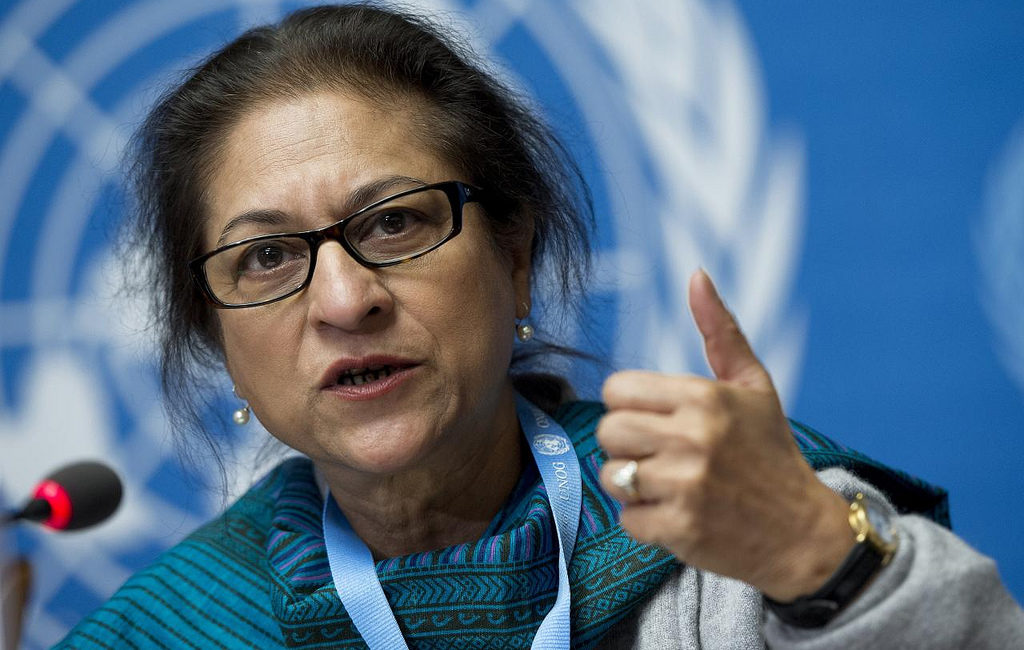
Image of Asma Jahangir by UN Geneva
Pakistan’s iconic human rights activist: “NGOs should stop thinking that they know everything”
“Credit should be given to the feminists of the West. They came to our rescue defying their own governments who were supporting Zia ul Haq’s jihad in Afghanistan.”
The world mourned an unforgettable social activist when Pakistan’s renowned human rights lawyer Asma Jahangir died last year. Speaking to Arjumand Bano Kazmi in her office in Lahore, Jahangir reveals her feelings about humanitarian NGOs, international funding and democratisation in Pakistan. This interview highlights Jahangir’s humanist nature and makes clear how she became a feminist icon.
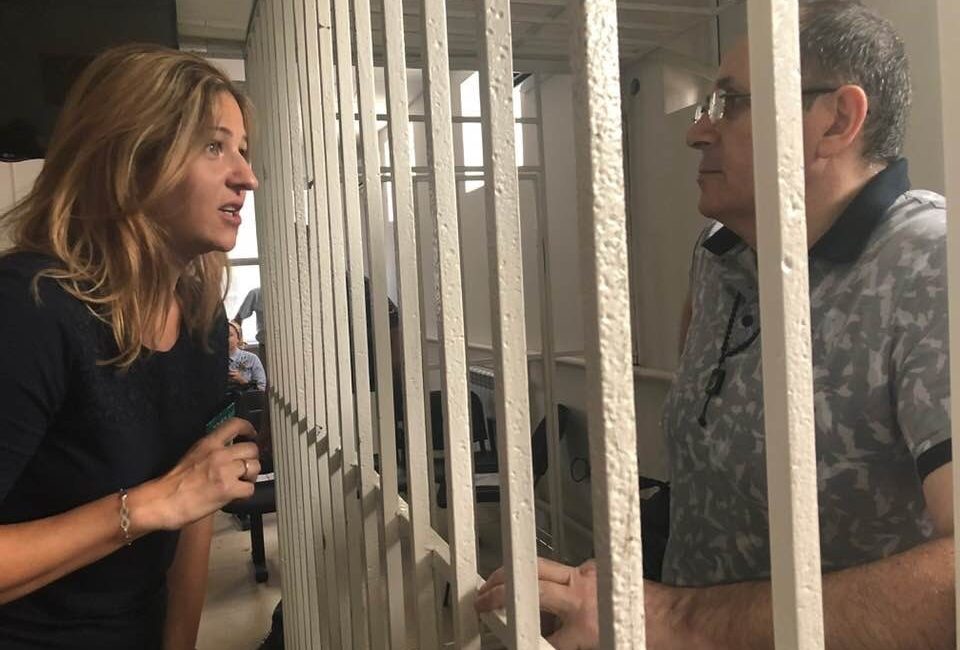
Anna’s mission to Chechnya to observe the trial of Oyub Titiev.
My life on the humanitarian frontline
“If there’s a moment when you stop feeling shocked by the death and suffering surrounding you, it’s probably the time to stop for a while, because it basically means that you’ve burnt out.”
With Human Rights Watch, Anna Neistat spent two decades investigating more than 60 of the world’s most dangerous conflict zones, eventually starring in an award-winning Netflix documentary about her work. Now, as Amnesty International’s senior director for research, Neistat is one of only a handful of humanitarians who have had access to the island of Nauru where Australia’s treatment of refugees has been described as “torture”. In this in-depth interview she speaks about what she saw on Nauru, about Russia’s young protest movement and about what the future holds for humanitarian work.
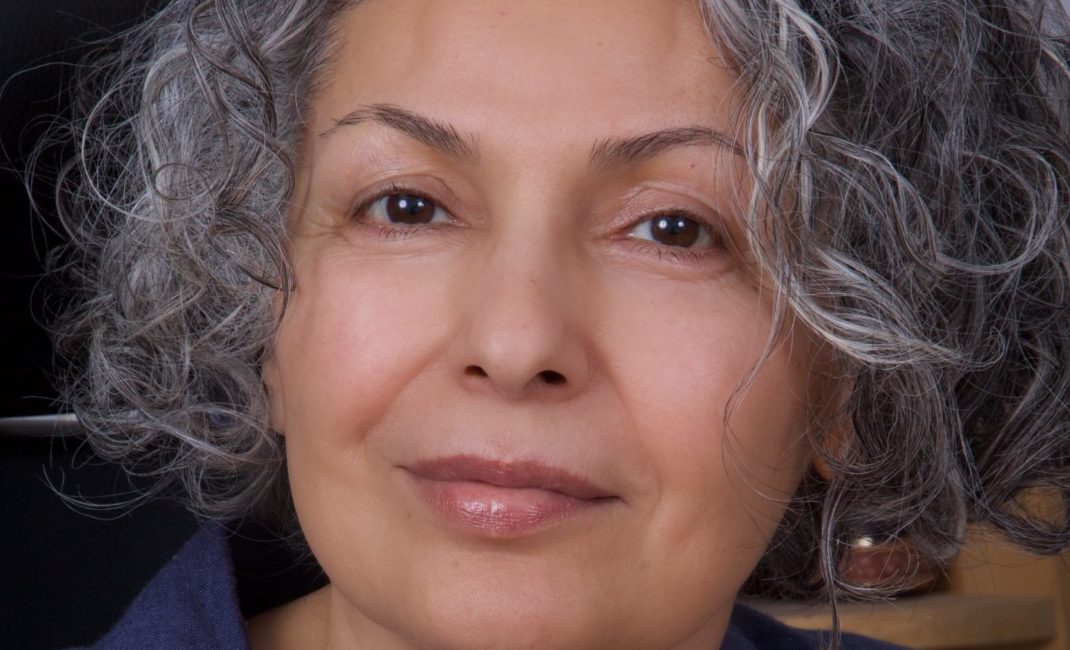
Iran’s prisons are still full of men and women fighting for civil rights
“We thought we could have democracy and freedom and that men and women would have the same rights.”
Writer, artist and human rights campaigner Nasrin Parvaz spent eight years in the same Iranian prison where Nazanin Zaghari-Ratcliffe is now being held, and has used the experience as inspiration for a novel and a book of memoirs. Speaking in London, Parvaz says there are echos of Nazanin’s story in prisons across Iran, where rights defenders have been subjected to rape, routine humiliation, torture and execution. She has written a story of “solidarity between female inmates, their courage, their passionate political discussions, their creativity and resilience and the little gestures of kindness, which allow them to survive”.
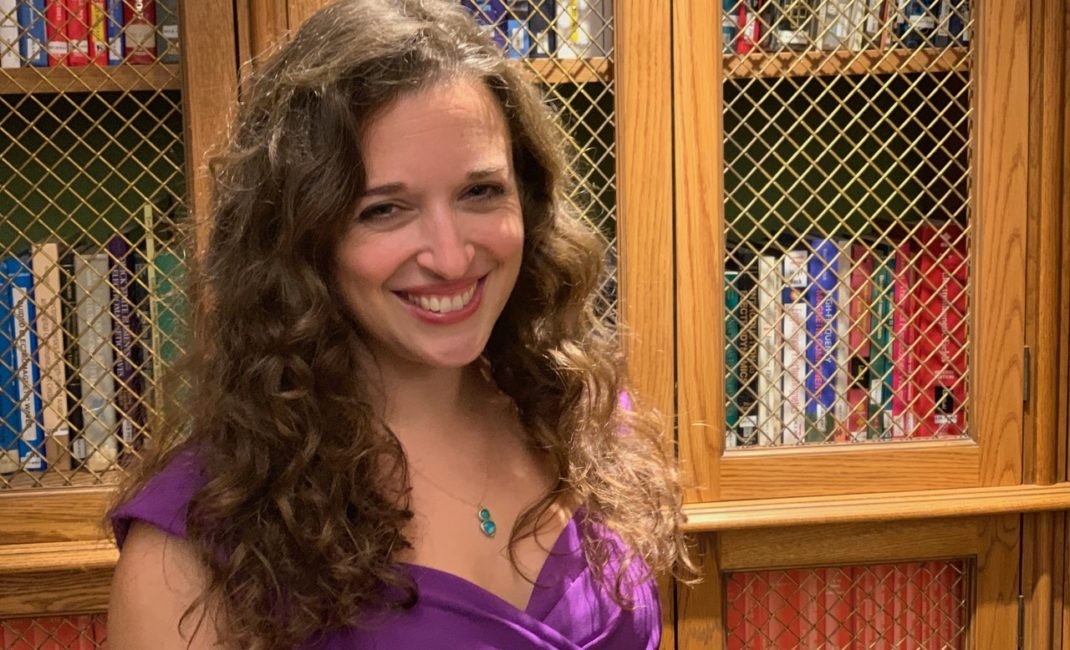
Dr Emily Grossman
Why science needs people who cry
“The two weeks following that debate was one of the most awful and challenging times of my life. It was two weeks’ worth of constant trolling on social media.”
Dr Emily Grossman discusses the hurdles she met in her quest to be a scientist. Her love of science would take her to Cambridge University, earn her a PhD and eventually see her launch a TV career speaking out for women in science, technology, engineering and mathematics (STEM). But along the way she was faced with being outnumbered in the classroom, finding herself in learning and working environments that didn’t suit her, suffering with “imposter syndrome” and taking on controversial right-wing pundits in live broadcasts. Now she is urging more young women into STEM – and encouraging scientists to cry in the lab.
Main image by Lucia.
